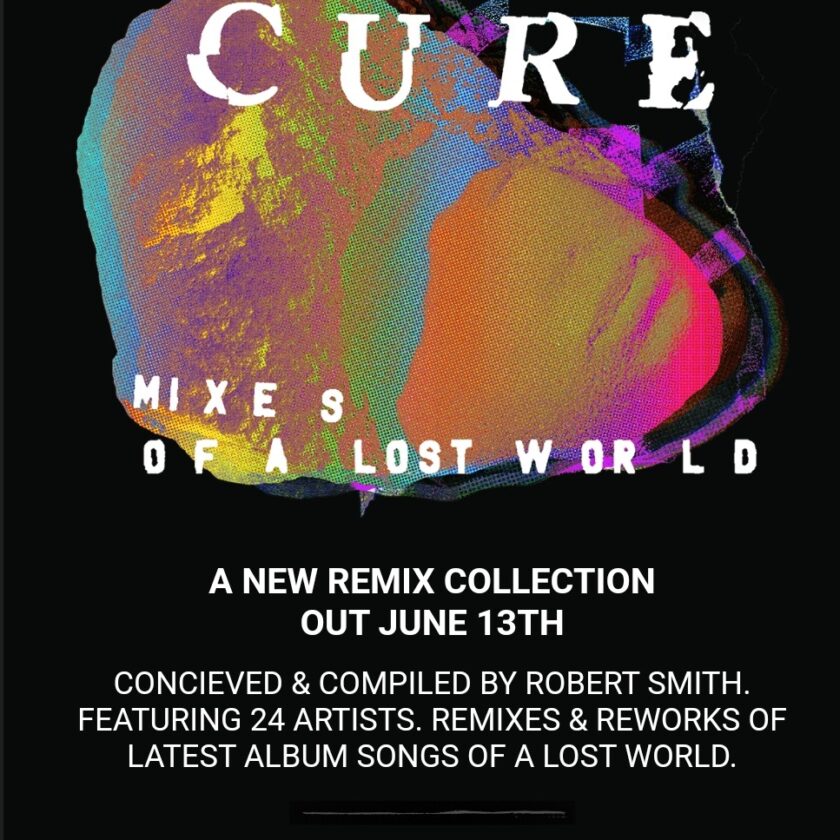At Berlin’s Love Parade in 1991, different local scenes congregate for the first time. The trend turns into a movement. A German Summer of Love, which changes whole lives overnight and kick-starts careers. The basic principle of Techno stands for experimenting, crossing borders and DIY. Fans become DJs or party promoters. Labels are founded and record stores open up. The scene grows. An independent microcosm is created. Networks are formed away from established structures. For a moment everything seems possible… WE CALL IT TECHNO! tells the story of a tempestuous phase in music history, the first time that pop culture was created significantly in Germany. With exclusive interviews and comprehensive, mostly unreleased film and photo archive material from the years 1988-1994! Incl. Statements from Ata, Cosmic Baby, Mijk van Dijk, Elsa for Toys, Hell, Mike Ink., Jürgen Laarmann, Mark Reeder, Tanith, Triple R, Upstart, Sven Väth, Wolle XDP and many more “This music had such power that we left everything behind… We felt like a new age was starting and we were the first to notice.” (Upstart, Munich) “It was like a dance on a vulcano. Like: technology brings us progress, but it’ll also destroy us. On the other hand: who gives a sh!t, first I’ll just dance.” (Wolle XDP, Berlin) “We did a lot of space studies at the time. It all tended towards psycho-active stimulation with the aim of going up and it all never coming to an end. Actually, we tried the weirdest stuff. (Elsa For Toys, Berlin) “1989, after the fall of the Wall, when the Techno movement in Berlin grew from one day to the next, we all felt like we could change the world.” (Cosmic Baby, Berlin) “The Moment of unity was short, it lasted maybe one summer.” (Ralf Niemczyk, Cologne) “It’s nice to see that many people in this context made it, that Techno and House isn’t just stupifying music connected to drugs.” (Frank Blümel, Berlin) Subscribe to our channel: http://bit.ly/1BwzEZM http://www.electronicbeats.net
Techno is a genre of electronic dance music[2] (EDM) that is characterized by a repetitive four on the floor beat[3] which is generally produced for use in a continuous DJ set. The central rhythm is often in common time (4/4), while the tempo typically varies between 120 and 150 beats per minute (bpm). Artists may use electronic instruments such as drum machines, sequencers, and synthesizers, as well as digital audio workstations. Drum machines from the 1980s such as Roland’s TR-808 and TR-909 are highly prized, and software emulations of such retro instruments are popular.
Use of the term “techno” to refer to a type of electronic music originated in Germany in the early 1980s. In 1988, following the UK release of the compilation Techno! The New Dance Sound of Detroit, the term came to be associated with a form of electronic dance music produced in Detroit.[4][5] Detroit techno resulted from the melding of synthpop by artists such as Kraftwerk, Giorgio Moroder and Yellow Magic Orchestra with African American styles such as house, electro, and funk.[6] Added to this is the influence of futuristic and science-fiction themes[7] relevant to life in American late capitalist society, with Alvin Toffler’s book The Third Wave a notable point of reference.[8][9] The music produced in the mid to late 1980s by Juan Atkins, Derrick May, and Kevin Saunderson (collectively known as the Belleville Three), along with Eddie Fowlkes, Blake Baxter, James Pennington and others is viewed as the first wave of techno from Detroit.[10]
After the success of house music in a number of European countries, techno grew in popularity in the UK, Germany, Belgium and the Netherlands.[11] In Europe regional variants quickly evolved and by the early 1990s techno subgenres such as acid, hardcore, ambient, and dub techno had developed. Music journalists and fans of techno are generally selective in their use of the term; so a clear distinction can be made between sometimes related but often qualitatively different styles, such as tech house and trance.[12][13][14][15] WIKI
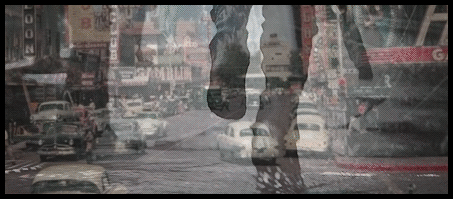



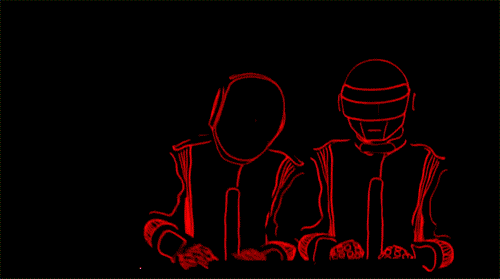
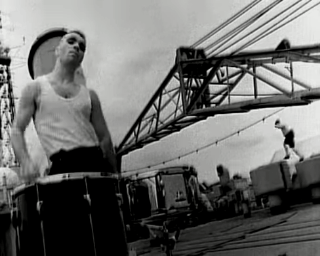
















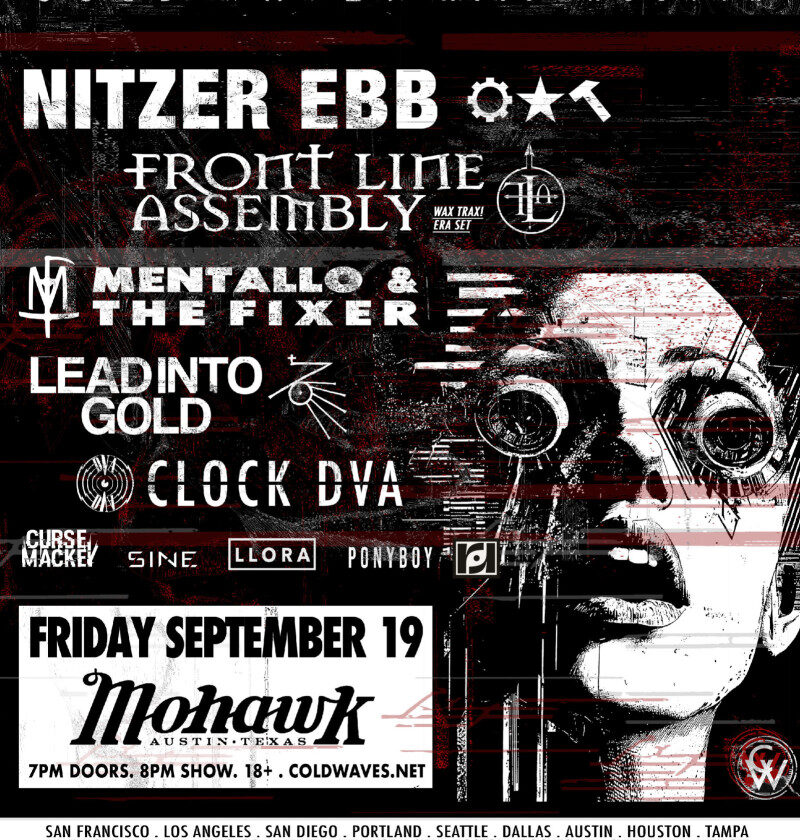
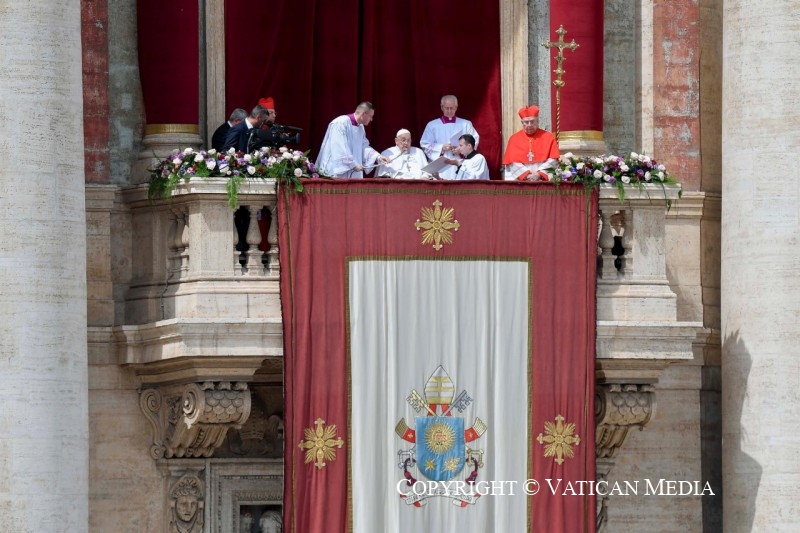
 . A church...
. A church...